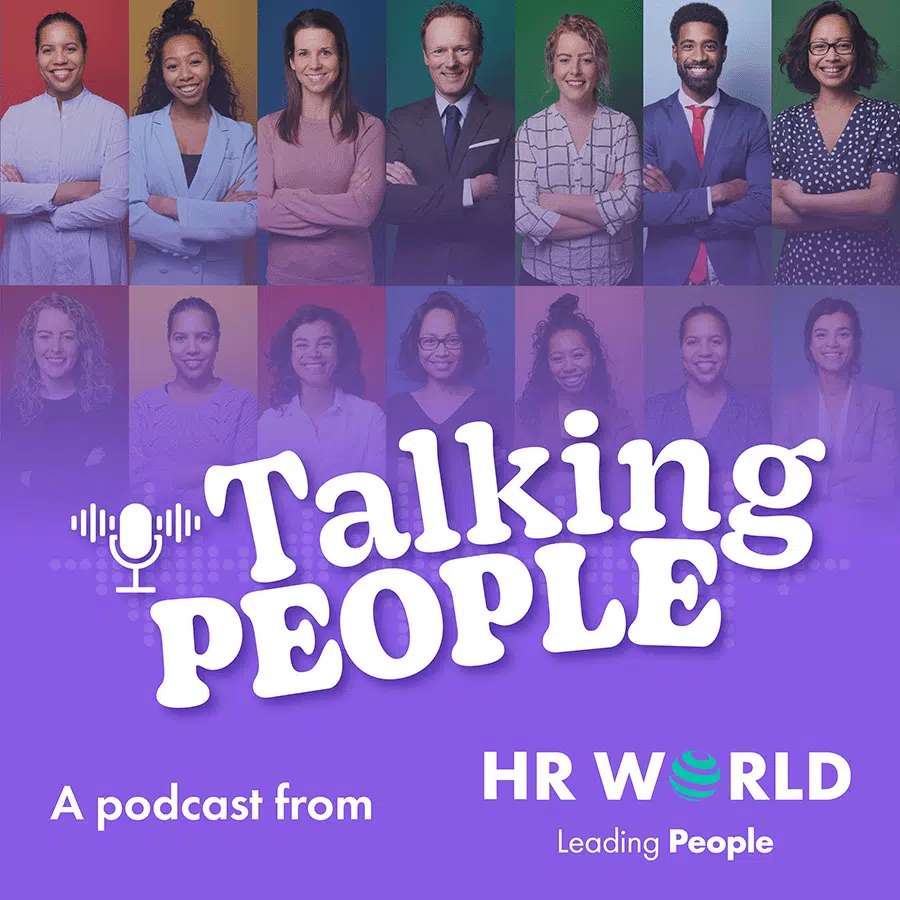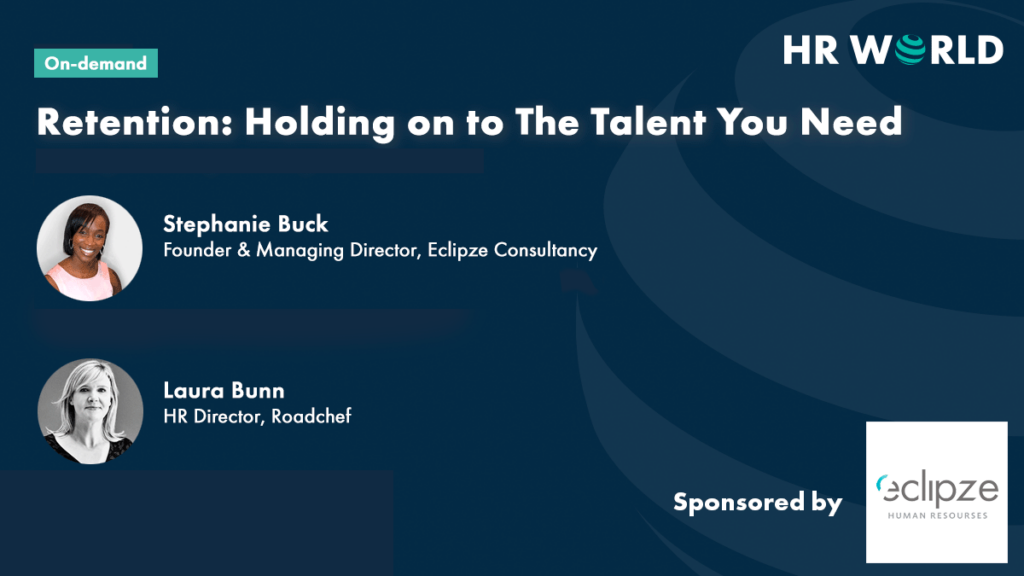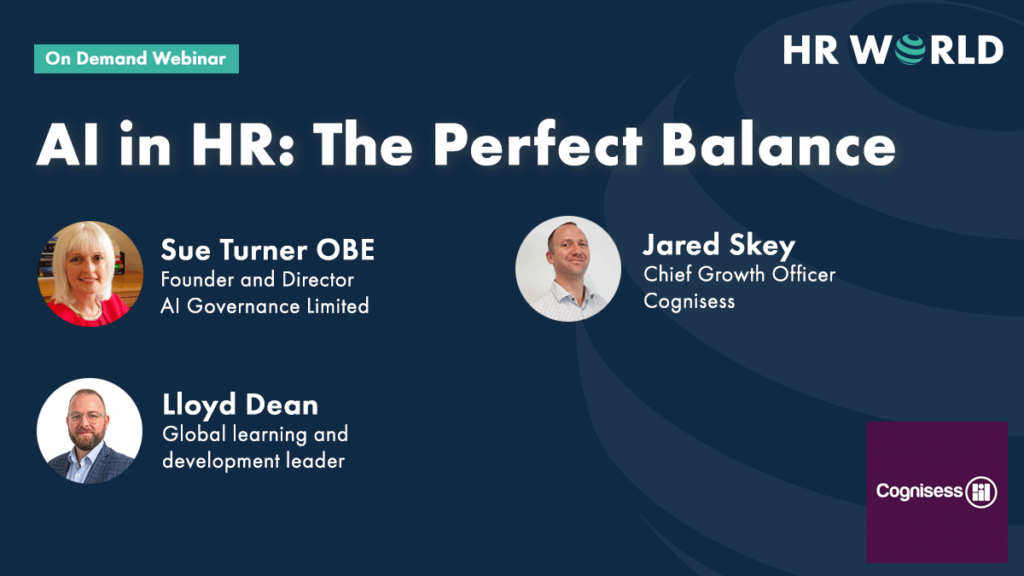Home » News » Industry News » Workforce Struggles – Don’t See Blue
Workforce Struggles – Don’t See Blue
15 January 2024 Industry News

Story by
Genevieve Bland Writer - The HR World

Approximately 18 million working days are lost annually in the UK due to mental health conditions.
Research by personal injury experts claims.co.uk suggests 12% of lost working days stem from mental health issues such as stress, depression, and anxiety, amounting to an average of 18 million days per year based on the Office for National Statistics’ sickness absence data from 2018 to 2022.
The survey also found that the UK workforce collectively suffers an annual loss of approximately 146.6 million days due to sickness. This equates to an average of around 4.5 days per worker, almost an entire working week. As January progresses, attention intensifies on employee absences, exacerbated by the challenges of flu season and the lingering impacts of post-holiday blues and related illnesses.
Addressing the Impact: Mental Health Conditions in the Workplace
The research pinpointed minor illnesses, such as coughs and colds, as the leading cause for absenteeism, accounting for an average of 33 million lost days yearly. However, with Blue Monday — an annual day associated with increased feelings of melancholy — mental health conditions have emerged as a substantial contributor.
Pete Cooper, Director of People Partners & DEI at Personio, emphasises the ongoing employee engagement and productivity challenges, suggesting that simple gestures, like positive feedback, can have a substantial impact: “Blue Monday supposedly marks the saddest workday of the year. But whether or not this is truly the case, our latest research finds that over one-fifth – or 27% – of employees are entering the new year already feeling unmotivated, and 16% are experiencing low productivity. Blue Monday or not – the data provides clear evidence of a UK employee engagement and productivity problem.
“There are simple steps employers can take to tackle this – and it doesn’t always require grand gestures or policies with bells and whistles,” Cooper adds. “In fact, a little appreciation from management can go a long way. Our research found that over one-third (42%) of employees simply cited positive feedback and appreciation of the work they do as a key factor in driving their motivation and productivity.
“Blue Monday is just another day of the year. Now and for the rest of 2024, employers must ensure they’re recognising employee achievements and valuing hard work in order to improve staff happiness and productivity to drive business success.”
What exactly is Blue Monday? Deemed the most depressing day of the year, the timing of Blue Monday is based on a formula using factors such as debt levels, weather conditions, time since Christmas, broken new year’s resolutions and low motivational levels.
Employee Engagement and Productivity: A Critical Perspective
Mental Health First Aid England released the finding of their survey among 2,000 employees, revealing alarming statistics: 59% lack consistent joy at work, 33% frequently experience unhappiness or stress, and 22% report diminished purpose since the pandemic. As #BlueMonday gains traction on TikTok with 358.6 million views, Mental Health First Aid England urges employers to foster inclusive, open workplace cultures year-round.
The findings underscore the pressing need for a comprehensive approach to employee wellbeing, promoting a healthier, more resilient workforce.
































